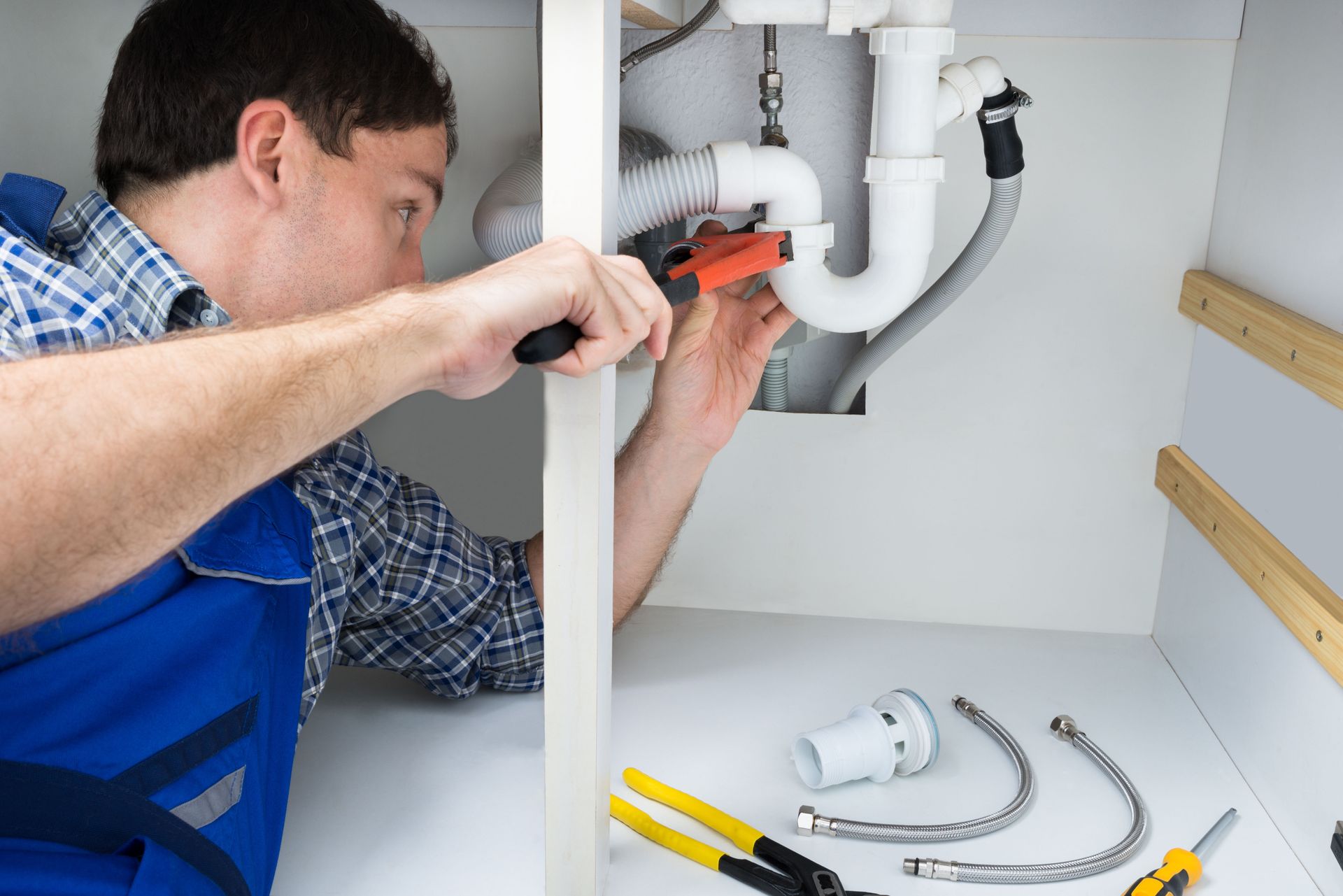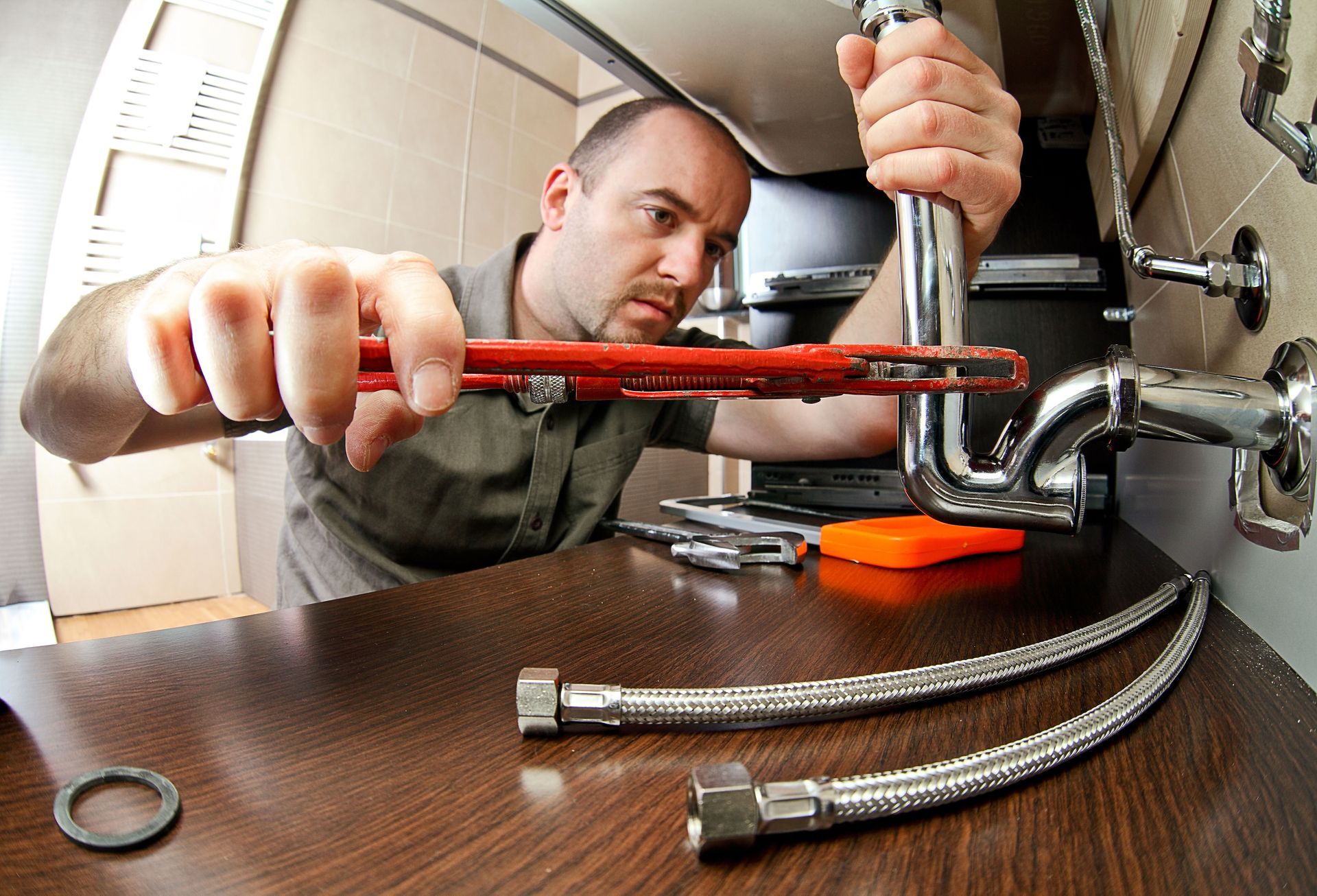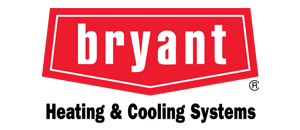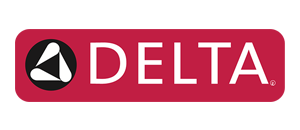November 14, 2025
Understanding the role of a commercial plumber and recognizing the importance of proactive plumbing strategies can safeguard businesses from unexpected expenses and disruptions. This article explores how employing a professional plumber can avert emergencies and ensure the smooth operation of commercial facilities.
1. Performing Routine Inspections
Routine inspection and maintenance form the cornerstone of a robust preventive plumbing strategy. By having a plumber regularly inspect the plumbing infrastructure, businesses can catch and address issues before they escalate into emergencies. During inspections, plumbers can identify early warning signs such as small leaks, corrosion, or unusual noises. Addressing these issues promptly can prevent more significant damage and avert costly repairs. Moreover, regular inspections can prolong the life of plumbing systems, enhancing the return on investment in these critical infrastructures.
Regular drain and pipe cleaning are integral components of maintenance that help prevent blockages and other plumbing disasters. Through the use of specialized equipment, plumbers can clear debris, sediment, and other materials that accumulate in pipes and drains over time. This proactive approach can prevent slow drainage, backups, and even flooding, which can disrupt business operations. Furthermore, keeping pipes clean aids in maintaining the efficiency of water flow, which is essential for daily business functions. In this way, routine cleaning not only prevents emergencies but also supports the seamless operation of commercial facilities.
Testing water pressure is another essential aspect of routine maintenance that ensures the proper functioning of plumbing systems. Excessive water pressure can strain pipes and fixtures, leading to leaks and bursts that require expensive repairs. Conversely, low water pressure may indicate blockages or other underlying issues. By regularly monitoring and adjusting water pressure, plumbers can maintain the optimal performance of the plumbing system. Such vigilance contributes significantly to preventing emergencies that could otherwise interrupt business operations and incur additional costs.
2. Upgrading and Replacing Outdated Systems
Assessing the current plumbing infrastructure is a vital step in upgrading and replacing outdated systems. Commercial plumbers possess the expertise to evaluate whether existing systems meet the demands of modern businesses. This assessment involves examining the age, condition, and capacity of pipes and fixtures. Often, outdated systems are more prone to breakdowns and inefficiencies, which can lead to increased costs and frequent disruptions. By identifying and replacing these systems, businesses can avoid emergencies and enhance their operations' reliability.
Implementing new technologies is a forward-thinking approach that allows businesses to leverage the latest advancements in plumbing systems. Modern technologies offer solutions that enhance performance, improve reliability, and promote sustainability. For instance, smart water meters provide real-time data on water usage, helping to identify leaks or inefficiencies quickly. Automated systems can also be programmed for optimal performance, reducing the risk of human error.
Enhancing energy efficiency through plumbing upgrades not only minimizes operational costs but also contributes to preventing emergencies. New systems often come with increased efficiency, reducing water and energy usage and thereby lowering utility bills. Furthermore, energy-efficient systems place less strain on infrastructure, decreasing the likelihood of breakdowns. According to Plumbing Manufacturers International, 77% of people wash their hands after using a public restroom, a statistic that underscores the importance of maintaining functional plumbing systems to accommodate this persistent demand.
3. Preventing and Managing Blockages
Employing advanced snaking techniques is a proactive measure that effectively prevents and manages blockages in plumbing systems. Unlike traditional methods, advanced snaking can reach further into pipes, addressing potential issues before they escalate. This technique is crucial for removing stubborn clogs caused by grease, hair, and other debris that accumulate over time. By regularly utilizing these techniques, commercial plumbers can maintain clear and functional drain systems.
Integrating preventive products into daily operations is another strategy that aids in minimizing blockages. Products like enzyme drain cleaners or drain strainers can prevent the accumulation of material that typically clogs pipes. These tools are particularly beneficial in environments like restaurants or manufacturing facilities, where debris can easily lead to significant plumbing issues. By educating staff about the importance and use of these products, businesses can significantly reduce the frequency of drain-related emergencies.
Utilizing CCTV drain inspections provides an added layer of protection against potential blockages. By inserting a small camera into the plumbing system, plumbers can visually assess the condition of pipes and identify any areas of concern. This technology allows for precise diagnosis of problems without disruptive exploratory methods. Through regular inspections, issues such as tree root intrusions or pipe corrosion can be identified long before they cause serious problems.
4. Planning and Executing Emergency Responses
Establishing protocols for rapid response is essential for effectively managing plumbing emergencies when they occur. Having a clear, detailed plan in place ensures that employees know the steps to take when a plumbing issue arises. This plan should include the identification of key personnel responsible for executing the emergency response. By organizing roles and responsibilities, the emergency response can be swift and effective, minimizing downtime and damage.
Training staff for emergency situations is an indispensable aspect of response planning that enhances the company's resilience to plumbing disruptions. Staff should be familiar with shut-off valves and emergency contacts for plumbing services. Conducting regular training sessions ensures that everyone knows what actions to take and who to contact in the event of a plumbing issue. This readiness can transform a potentially chaotic situation into an orderly and efficient response effort.
Maintaining an emergency contact list is a straightforward yet effective strategy for addressing plumbing emergencies swiftly. This list should comprise contacts for essential personnel, such as the commercial plumber, facility manager, and key suppliers. Quick access to these contacts allows for rapid communication and coordination during emergencies. The presence of this list on-site ensures that despite the nature of the emergency, there is no delay in initiating the appropriate response.
5. Preparing for Seasonal Conditions
Protecting pipes from freezing is a critical component of winterization that prevents critical failures in the plumbing system. When water in pipes freezes, it expands, which can lead to bursts and significant water damage. To prevent this, commercial plumbers can insulate pipes, particularly those exposed to cold temperatures. Additionally, businesses should ensure that internal heating systems are sufficient to maintain a stable indoor temperature.
Draining and shutting off external faucets during colder seasons is a simple yet effective measure to prevent winter-related plumbing emergencies. External faucets are highly susceptible to freezing as they are more exposed to low temperatures. Draining water from these fixtures and turning off their supply can prevent water from freezing inside pipes. Moreover, using protective covers or insulated materials on these faucets can provide an additional layer of protection.
Insulating vulnerable plumbing sections is another crucial step in preparing for seasonal changes. Pipes in unheated areas, such as attics or basements, are particularly at risk of freezing. By insulating these areas, businesses can maintain adequate temperatures to prevent freezing. Insulation materials like foam sleeves and heat tape offer effective solutions to protect these critical infrastructure components. This foresight helps maintain optimal plumbing system performance and reduces the likelihood of emergency repairs in colder weather.
Collaborating with a plumber allows businesses to prevent plumbing emergencies and manage resources efficiently. Through regular maintenance, system upgrades, and strategic planning, companies can avoid unplanned expenses and sustain operational productivity. If you are looking for a commercial plumber, call E.D.S. Mechanical Inc today to learn more!













